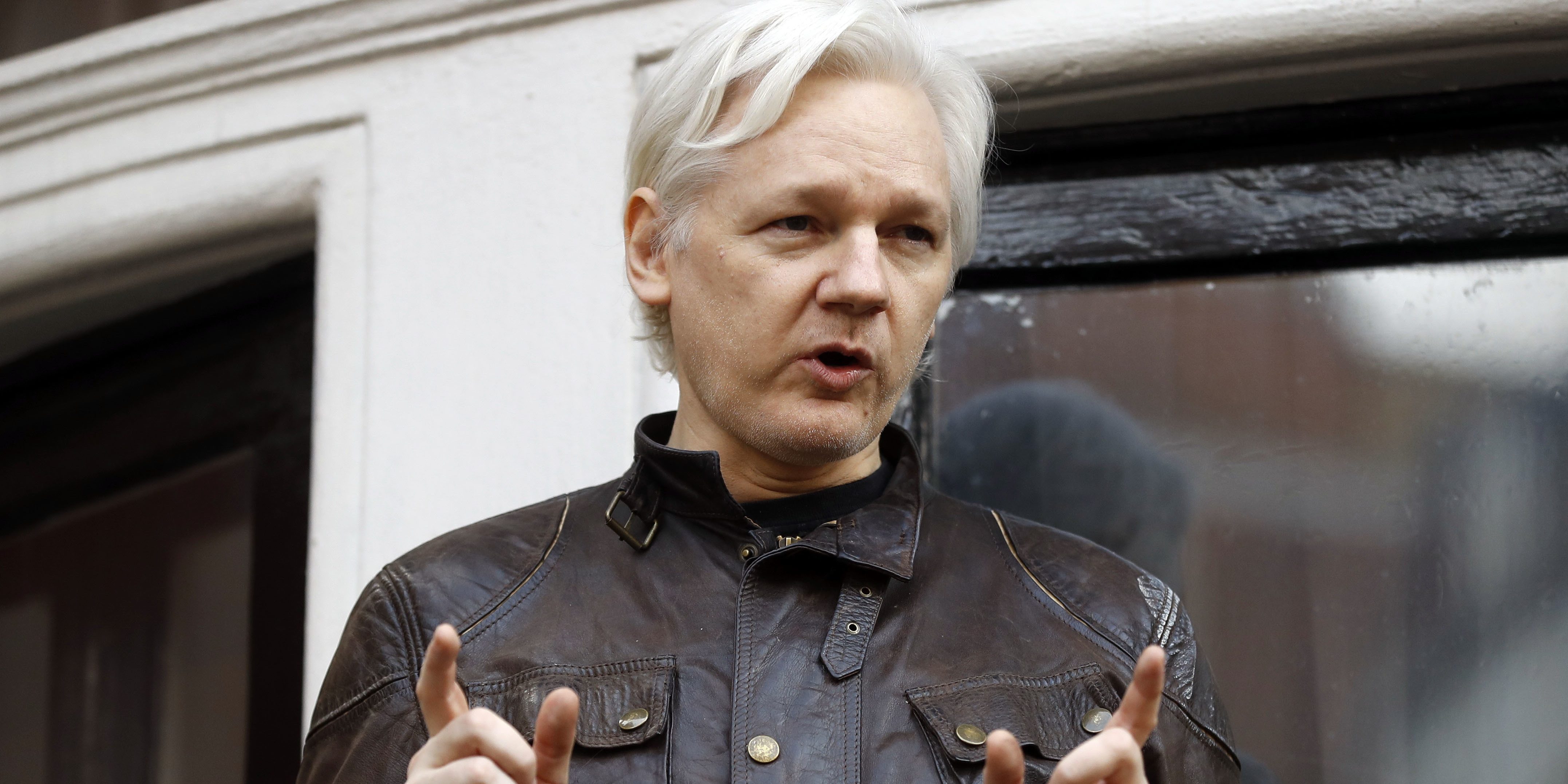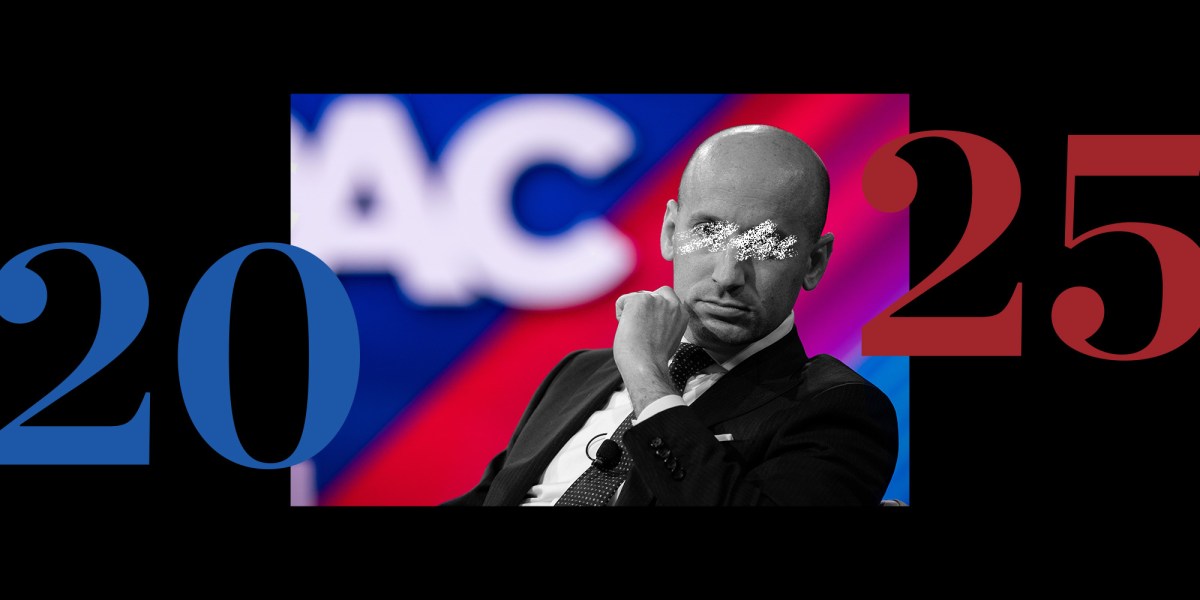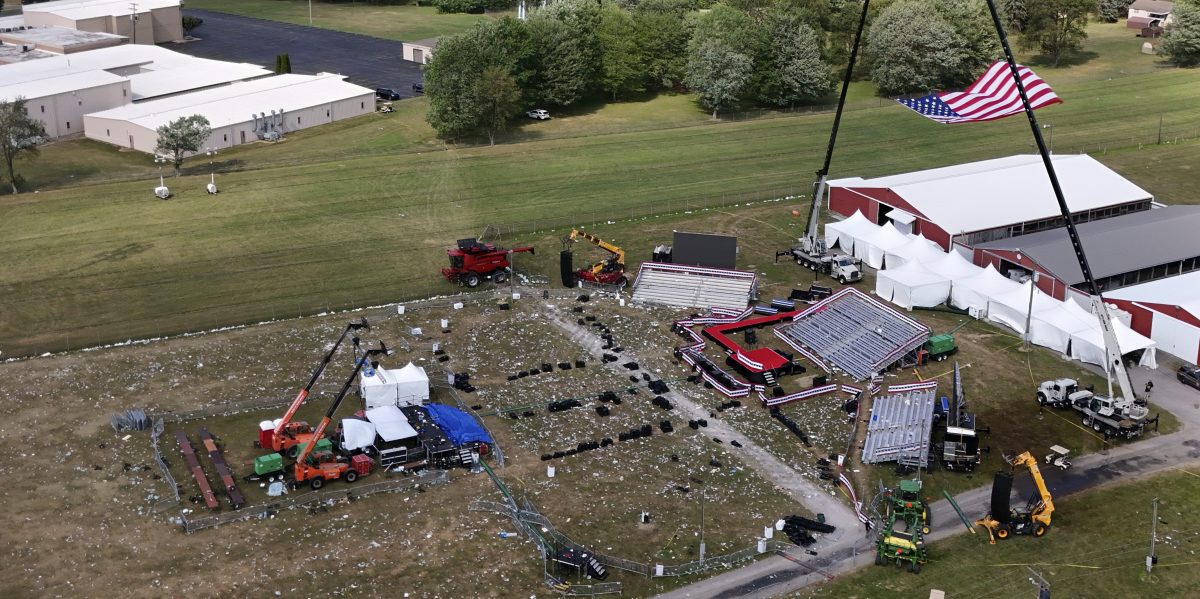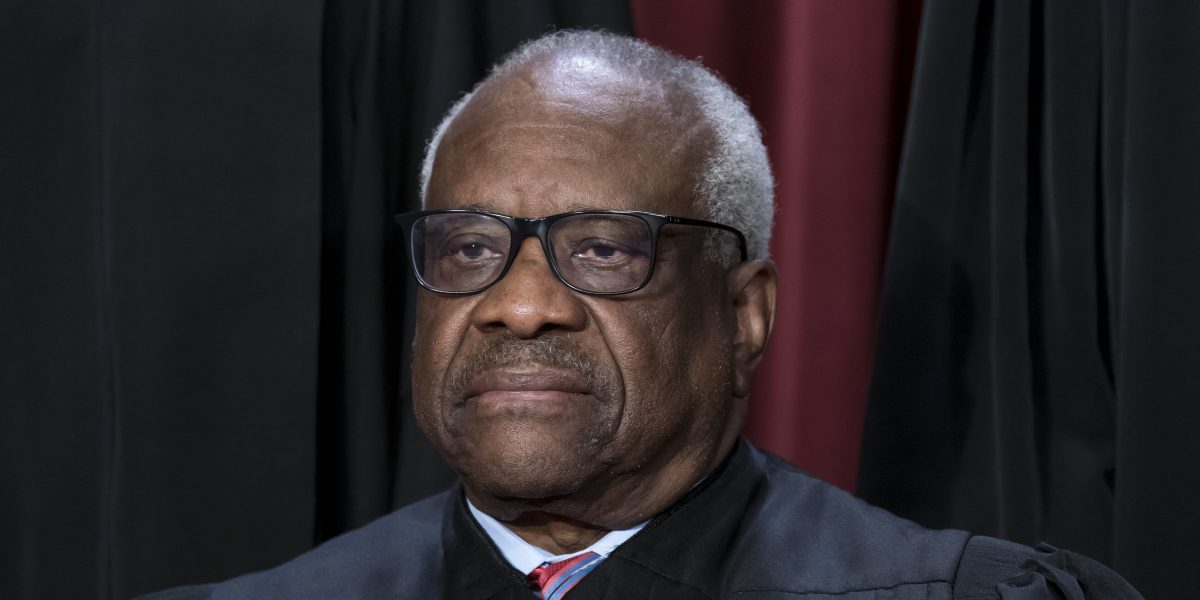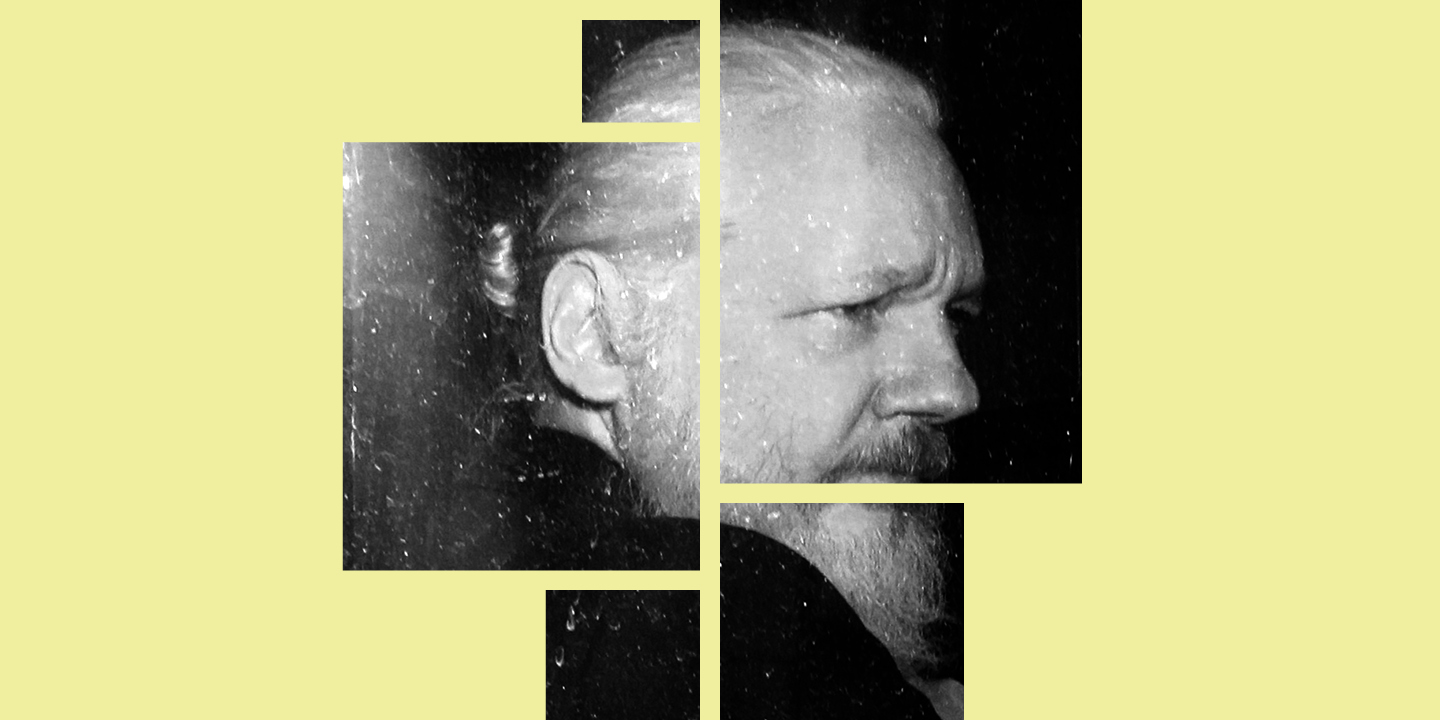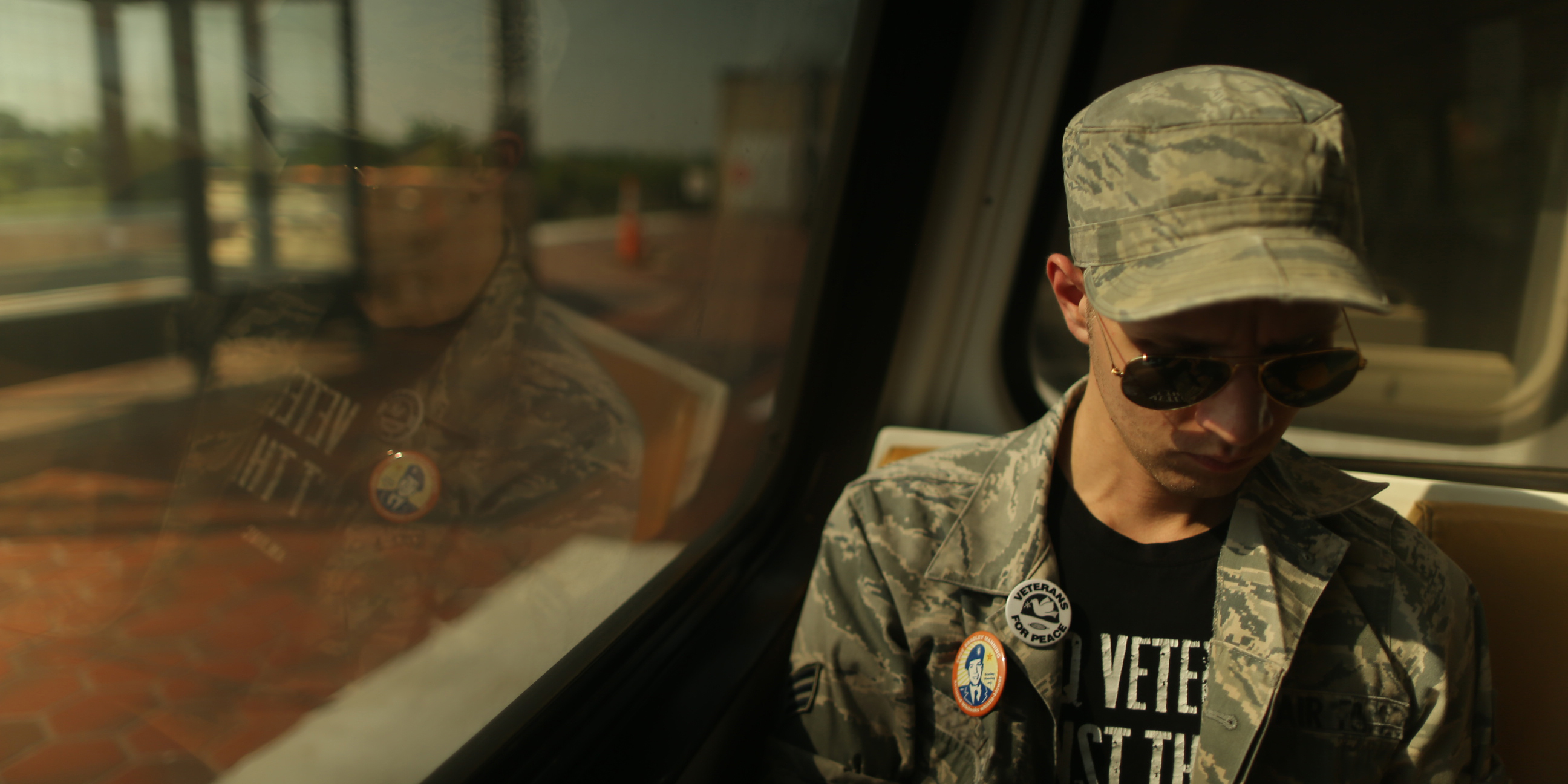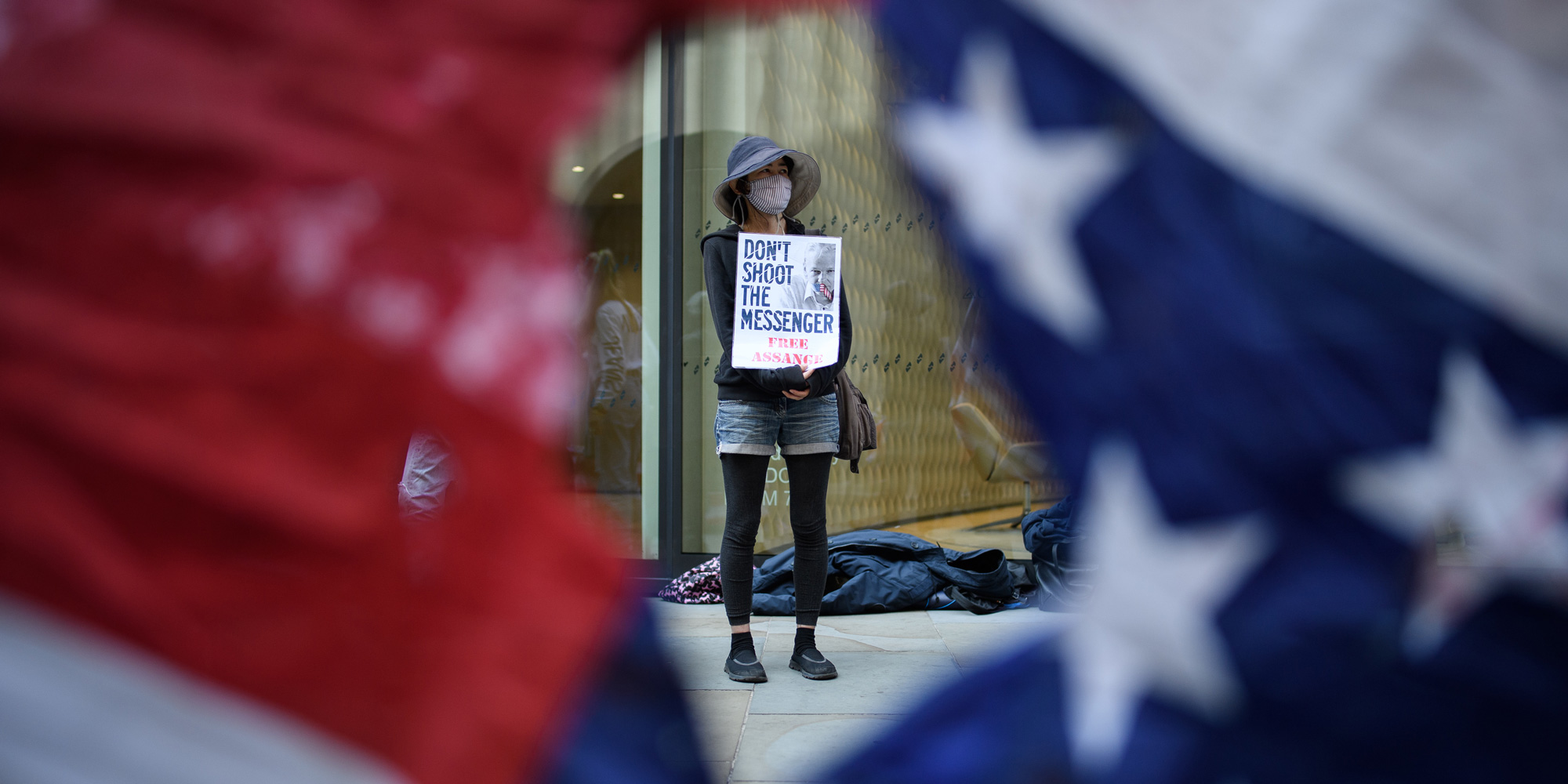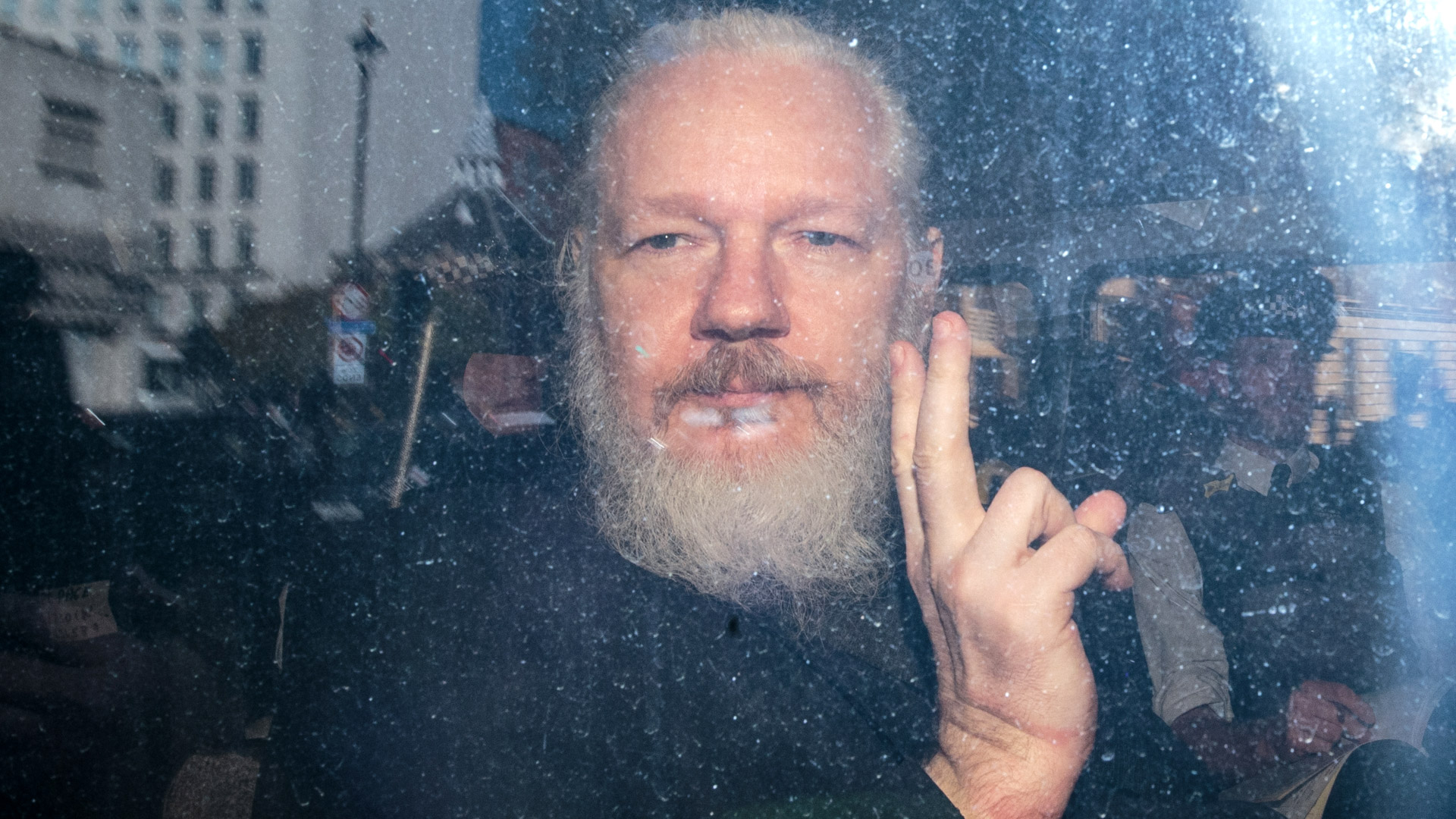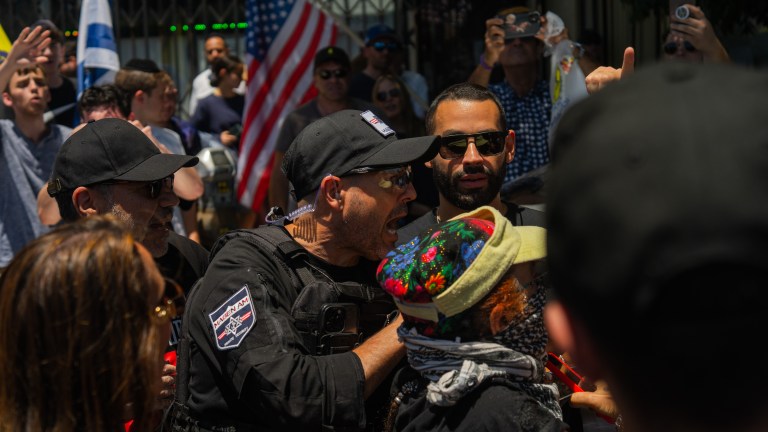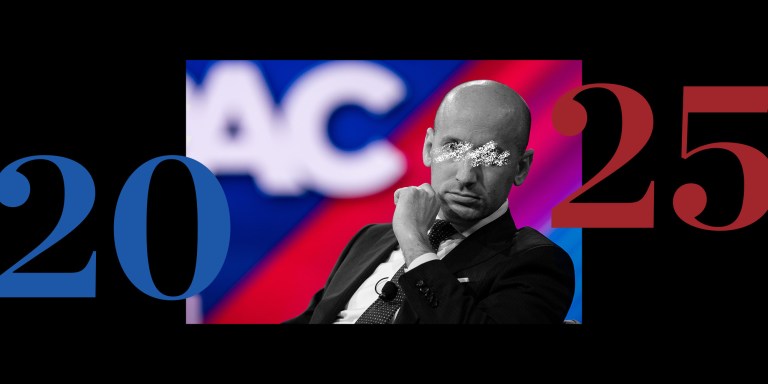After years of fighting extradition from the United Kingdom to the U.S. on charges related to his publication of secret cables about the Iraq War, WikiLeaks founder Julian Assange has reached a plea deal with federal prosecutors, according to court documents filed on Monday. The Justice Department expects Assange to return home to Australia after a plea hearing Tuesday morning.
The agreement would bring to an end Assange’s lengthy standoff with the White House, which has sparked diplomatic tensions and global concern about U.S. hypocrisy when it comes to advancing freedom of the press.
In 2018, the Justice Department indicted Assange in federal court in Alexandria, Virginia, on charges of hacking and unauthorized access to classified information. After spending almost seven years living in the Ecuadorian Embassy in London, he was arrested in 2019 for extradition on the U.S. charges. Last month, a London court ruled Assange could continue to appeal his extradition.
On Monday, federal prosecutors filed updated charges with the U.S. district court in the Northern Mariana Islands, along with a letter requesting a hearing on Tuesday. According to the letter, prosecutors expect Assange to plead guilty. The remote district was selected “in light of the defendant’s opposition to traveling to the continental United States to enter his guilty plea,” as well as its proximity to Australia, the letter states.
“We appreciate the Court accommodating these plea and sentencing proceedings on a single day,” prosecutors wrote to the district’s chief judge, Ramona V. Manglona, who scheduled a hearing for 9 a.m. on Tuesday, according to the case docket.
The updated charging documents allege Assange “unlawfully conspired with Chelsea Manning” to access and disseminate classified information without lawful access between 2009 and 2011. In January 2017, just before leaving office, former President Barack Obama commuted Manning’s sentence after she was behind bars for seven years.
As recently as April, President Joe Biden said he was “considering” dropping the charges and extradition attempt against Assange, which press freedom organizations in the U.S. and around the world urged him to do.
After Biden’s confirmation that negotiations were underway, The Intercept asked the State Department about the progress, drawing the first substantive answer the administration had offered on the question, even as it left little clarity: “One of the crimes that Julian Assange is charged with is helping Chelsea Manning hack into government systems,” State Department spokesperson Matthew Miller said in April, “which as far as I’m aware has never been considered a legitimate journalistic practice.”
Pressure from Australia played a major role in the politics of the prosecution, with the Australian government coming out in opposition to Assange’s extradition to the United States. Australian lawmakers traveled to the United States to lobby their American counterparts, and pressed upon U.S. Ambassador Caroline Kennedy to intervene. Last August, Kennedy floated the possibility of the plea deal now going into effect.
Press freedom advocates welcomed the end of the Assange saga but worried about the precedent it sets.
“A plea deal would avert the worst-case scenario for press freedom, but this deal contemplates that Assange will have served five years in prison for activities that journalists engage in every day,” said Jameel Jaffer, executive director of the Knight First Amendment Institute at Columbia University.
“It’s good news that the DOJ is putting an end to this embarrassing saga,” said Seth Stern, advocacy director for Freedom of the Press Foundation. “The plea deal won’t have the precedential effect of a court ruling, but it will still hang over the heads of national security reporters for years to come.”
“The administration could’ve easily just dropped the case but chose to instead legitimize the criminalization of routine journalistic conduct and encourage future administrations to follow suit,” Stern said. “And they made that choice knowing that Donald Trump would love nothing more than to find a way to throw journalists in jail.”
Assange’s wife, Stella, struck a more triumphant tone after news broke about the plea deal. “Julian is free!!!!” she tweeted, along with a video of Assange boarding a plane. WikiLeaks tweeted that Assange “left Belmarsh maximum security prison on the morning of 24 June, after having spent 1901 days there.”
WikiLeaks’ publication of over 250,000 unredacted State Department cables beginning in 2010 was one of the most consequential data breaches in U.S. government history. In addition to the cables, which have continued to be a resource for journalists, activists, and anti-corruption investigators around the world, WikiLeaks also published damning information revealing U.S. conduct in the war on terror, including footage from a U.S. military helicopter showing the killing of civilians and Reuters journalists during a 2007 strike in Baghdad, Iraq.
